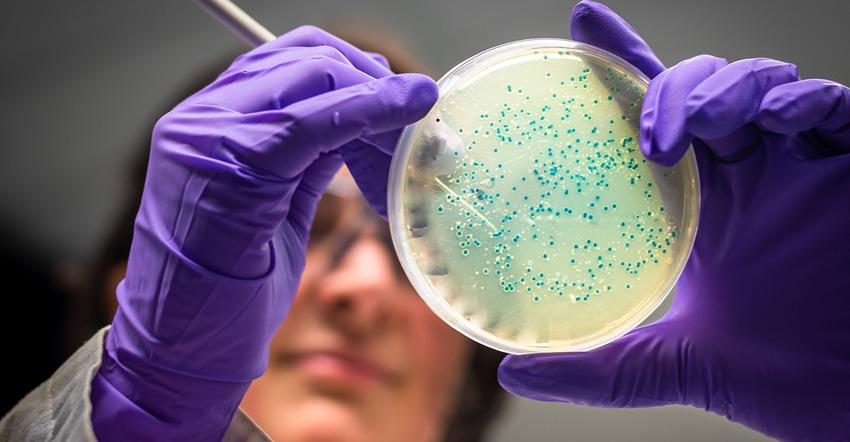Every person has a unique microbiome, which causes challenges and opportunities when developing products to support digestion.

The microbiome consists of an array of microorganisms that live on and in the human body. More specifically, they are a collection of microbial genomes that affect the genetic portrait—also called the “metagenome” of a human being. Microorganisms include bacteria, fungi, nonliving viruses and more, but bacteria are the most prevalent in a human microbiome. Sometimes referred to as the “rainforest of the body,” a microbiome is a complex and fragile system. In layman’s terms, it’s simply known as intestinal bacteria.
When all works as it should, a person experiences healthy digestion and a normally functioning digestive system. When it doesn’t, however, individuals may suffer from a host of troubles—everything from gastroesophageal reflux disease (GERD) to IBS, to small intestine bacteria overgrowth (SIBO) and other issues.
“Our gut flora is extremely impressionable, impacted by factors ranging from genetics to how we’re delivered at birth, from how we’re fed as infants to the foods we consume and medications we use today,” explained Elodie Ruffin, digestion and gut health market manager at Gnosis by Lesaffre. “This all can lead to an imbalanced microbiome, which can contribute to health issues beginning with digestive disorders and ranging to obesity, diabetes and energy imbalance.”
She said her company harnesses the power of biotransformation to help balance the microbiome utilizing probiotics in the form of bacteria and yeasts, key active ingredients. “We’re committed to always exploring the potential of biotransformation to help promote overall well-being, digestive and gut health, and, of course, the microbiome,” Ruffin explained.
She also noted the term “biotransformation” hasn’t traditionally been used in the human health ingredient industry; it’s more prevalent in areas like environmental preservation, beer brewing and renewable energy industries. However, it certainly fits when discussing the transformation of compounds within a living system—“in this case, microorganisms,” she suggested.
Samantha Ford, director of business development at AIDP, expressed enthusiasm over the newest research being done to unveil connections between the gut-brain, gut-skin and overall immune support system in relation to the body’s microbiome. “As a proponent of prebiotics, we embrace the notion of providing the body with the right ‘fertilizer’ to optimize each individual’s gut flora,” Ford reported. “Everyone’s microbiome is unique, almost like your DNA. No two are the same. Helping the body help itself is the gold standard in personalized nutrition,” she suggested.
To read this article in its entirety, check out The gut microbiome – digital magazine.
Content writing and journalism are high on the list of Joy Choquette’s interests. Writing professionally for the past 12 years, her work has appeared in national magazines, regional newspapers and many websites. She specializes in health and wellness, business and environmental topics. Learn more by visiting her website or find her on LinkedIn.
About the Author(s)
You May Also Like






.png?width=800&auto=webp&quality=80&disable=upscale)